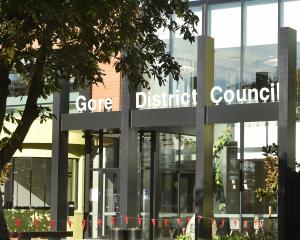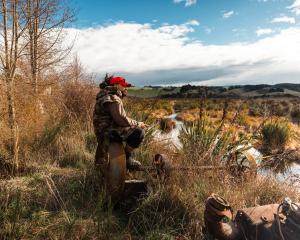
Civis admires thoughtful, independent thinkers.
They are not the conspiracy theorists who join a form of groupthink; they are the rare individuals who see issues in fresh and intriguing ways.
They begin by thinking that if most people, or especially those in approved circles, believe something, there’s a fair chance it’s wrong. The best of these contrarians are generous in their outlook and open to being examined.

As the government pushes universities towards subjects and research deemed to contribute to economic outputs, Sir Robert’s long-held attitudes are relevant. Despite making a fortune in commercial property, he preferred to employ arts rather than business graduates.
He argued that a humanities degree in the ‘‘traditional subjects’’ provided a broad knowledge frame of reference and developed an inquiring mind and imagination.
‘‘I exclude the bogus, lightweight data-collecting subjects such as psychology, sociology and the like,’’ he once said. ‘‘Business is not a teachable subject as it’s essentially common sense, helped by a love of reading, which in turn develops imagination and an inquiring mind.
‘‘I try and actively encourage humanities students with my various scholarships to our universities.’’
No doubt, however, Sir Robert was concerned about the increasingly circumscribed approach to even the ‘‘traditional subjects’’. Where are the rebels of yesteryear - those who question dominant ideologies across universities and within disciplines? What space remains for them?
Even traditional subjects, such as English, philosophy and history, have long been susceptible to degrees of ideological capture. Today is no different.
Meanwhile, the widespread denouncement and treatment of the seven University of Auckland professors who dared to question the place of mātauranga Māori in the school science curriculum was appalling.
The university, fellow academics, the university academic staff union and the Royal Society all joined the pile-on. How dare those professors question today’s authorised version?
New Zealand universities are hardly bastions of free thinking and free speech.
★★★
The government is also pushing ahead with a more traditional and prescribed English curriculum for secondary schools, including a place for that genius, Shakespeare.
Shakespeare has been sidelined, partly as a white male from a nation that became a colonial power. His 16th-century language is also harder to penetrate for many readers than Birnam Wood’s march in Macbeth.
Nevertheless, Shakespeare, well taught, can transcend time and culture; such was Shakespeare’s brilliance in perceiving and giving expression to human nature, society, culture and politics.
This came to mind because of Sir Robert’s brother, author Lloyd Jones. Instead of Shakespeare, he used another English writer from a different era - 19th-century Charles Dickens, to cross cultures and genders.
The novel Mister Pip (2006) won the Commonwealth Writers’ Prize and was shortlisted for the Booker Prize. It’s set on Bougainville during its vicious civil war in the early 1990s. It was later made into a film.
Each day, teacher Mr Watts, the only white person left on the island, would read aloud from Dickens’ Great Expectations. Although Matilda, Mister Pip’s central character, loses everything, her connection with Pip helps her retain a desire to live.
While Mr Jones is a different character from Sir Robert, who was also 15 years older, both imbibed a love of reading and thinking. That lay behind their skill to see the world afresh.
The study of traditional university subjects and reading great works of the English literary canon should play similar roles.












